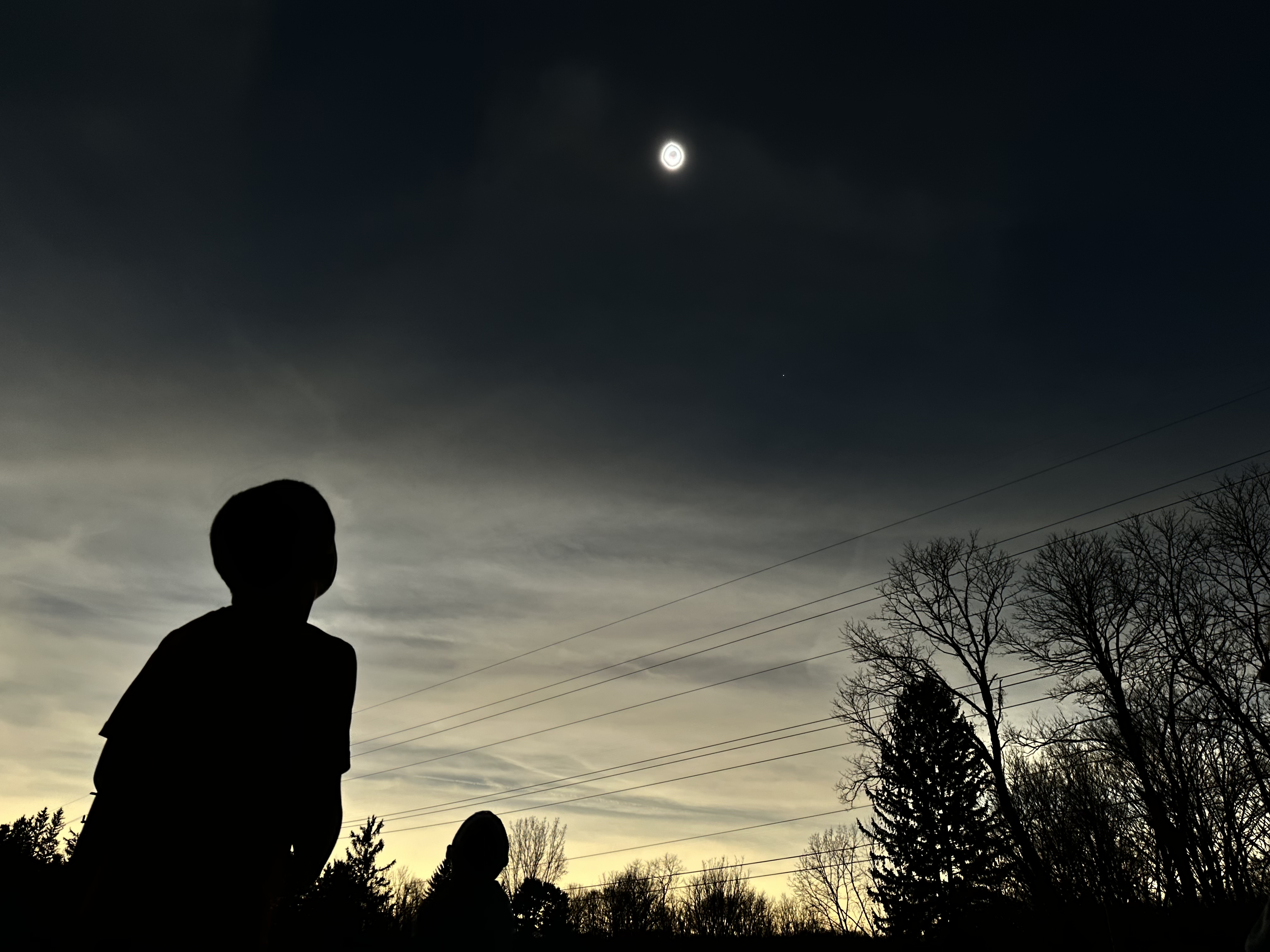I find it so interesting, and reassuring, that each tribe brought exactly the same offering to the altar, no matter the size of the clan, or its wealth. All had equal share in the altar, all were required exactly the same. It speaks to me of our own equal footing before God in regard to our sin debt, and His grace equally available to all.
But there was something not equal in this chapter, too, and I have overlooked it until today. God told Moses to give carts and oxen to each Levite clan, “as each man’s work requires.” For those families in charge of the lighter loads, Moses assigned two carts and four oxen. For those with the heavier burdens, Moses gave four carts and eight oxen. The holy things didn’t require a cart or oxen at all. Those things were to be carried on the shoulders of the Kohathites.
I have a friend whose husband died yesterday. Janie’s load is heavy right now. And I know God will supply exactly what she needs to carry on with a broken heart, and a burden too great to carry on her own.
The thing is, she has lovingly cared for her husband these past 20+ months since his debilitating stroke. She has spent every day talking to him, even though he could not answer her. She has read to him, or just sat with him day after day after day, assuring him of her love with kisses and by holding his hand or stroking his cheek. It has been a difficult time.
Many people may think, “I don’t think I could do that. I’m not strong enough.” And they are right to think that. When our life is about carrying a lighter load, God doesn’t give us four carts and eight oxen. If our circumstances require us to do what we need to do while carrying our burden on our shoulders, He will not give us the strength of two oxen.
But let me assure you, that for those of us who know Jesus as our Savior, those of us who have a relationship with God Himself, we can count on all the oxen and carts we need when we need them. Not before. But exactly at the right time.
I’m praying for my friend today. She loves God, and Jesus is her Savior. I pray that she will recognize the strength that is hers through her relationship with God. I couldn’t do what she’s done, and what she is going to have to do in the days and weeks ahead. My burdens don’t require four carts and eight oxen right now. But Janie’s does. And I pray that she will find rest in the assurance of God’s strength, His love, and His Presence in her life.
I believe God gives His children what we need when we need it, that when we are at a place in life when we are crushed by pain, we find that Jesus provides exactly what we need to walk through it. One day my friend won’t need four carts and eight oxen. But she does today. And I trust that God is going to provide exactly what she needs.
